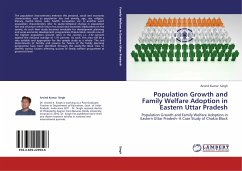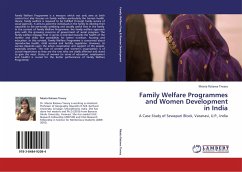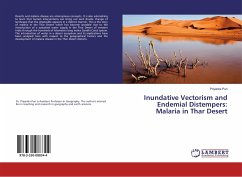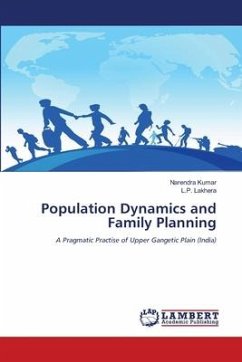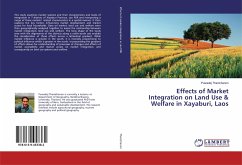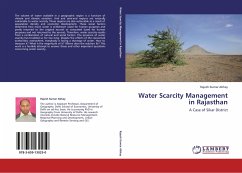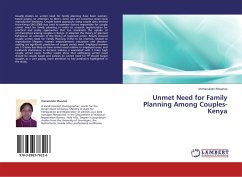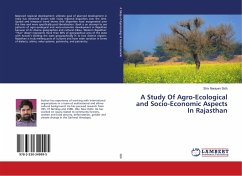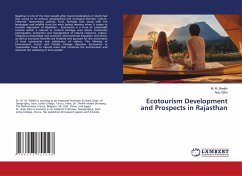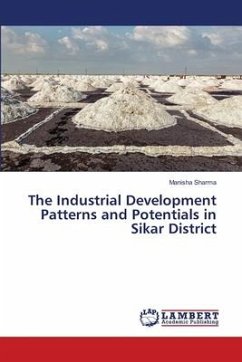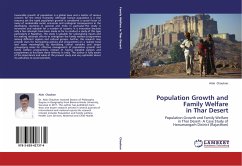
Population Growth and Family Welfare in Thar Desert
Population Growth and Family Welfare in Thar Desert- A Case Study of Hanumangarh District (Rajasthan)
Versandkostenfrei!
Versandfertig in 6-10 Tagen
65,99 €
inkl. MwSt.

PAYBACK Punkte
33 °P sammeln!
Inexorable growth of population is a global issue and a matter of serious concern for the entire humanity. Although human population is a vital resource yet the rapid population growth is considered a causal factor of many of undesirable social, economic and ecological consequences in the developing countries in general and India in particular.This study is innovative and valuable for a number of reasons. It is innovative because only a few attempts have been made so far to conduct a study of this type particularly in Rajasthan. The study is valuable for rationalising inputs and for making rat...
Inexorable growth of population is a global issue and a matter of serious concern for the entire humanity. Although human population is a vital resource yet the rapid population growth is considered a causal factor of many of undesirable social, economic and ecological consequences in the developing countries in general and India in particular.This study is innovative and valuable for a number of reasons. It is innovative because only a few attempts have been made so far to conduct a study of this type particularly in Rajasthan. The study is valuable for rationalising inputs and for making rationale efforts to strengthen the family welfare programmes among different regions and cultural groups. Further, this research may provide clues for formulating policies and programmes on a realistic basis and more meaningfully by identifying critical variables and target groups/grey areas for effective management of population growth and family welfare programmes, instead of having lopsidedpolicies and programmes as has been done hitherto in India. The author is fully aware of the importance and value of the present study and very optimistic about its usefulness to social scientists.



